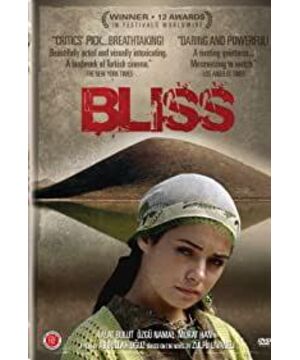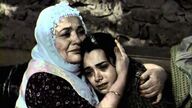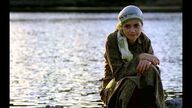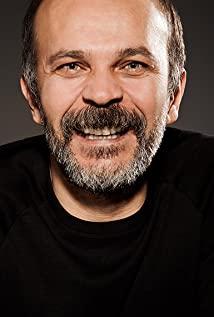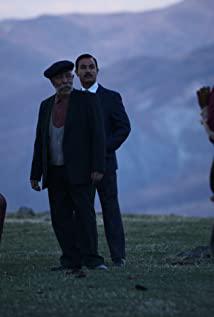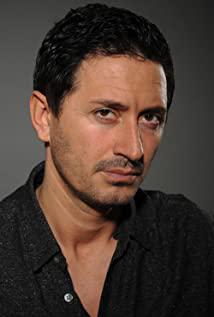I watched this movie in the lecture hall of Fudan School of Journalism, and it gave me the same shock as when I watched "The Kite Runner". Just like Mr. Li Fannelly's definition of happiness when he answered the question, the movie is not so much telling us what happiness is, but rather leading us to find happiness, and the process of finding happiness goes beyond personal emotions. , along with the conflict between traditional culture and modern civilization, the conflict between religion and hierarchy and individual rational choice.
The question raised by Mr. Lu Xinyu is very good, which can be seen from everyone's applause. Mary and Simal can be seen as representatives of rural lifestyle and traditional culture. For Mary, who violated traditional moral values, and Simal, who was ordered to punish her, the process of going to Istanbul was the process of ending herself, but they I met my cousin who was "transformed" by urban civilization and Professor Ivan who escaped from urban civilization. As representatives of modern civilization, they helped Mary and Simar to re-understand themselves and re-choose their life path. But don't think that the movie is singing praises for the city, Ivan abandoned the rich and status lifestyle to become a wanderer at sea, which may seem a little hypocritical compared to Mary and Simal leaving their hometown forever to survive, But the spiritual emptiness brought about by material abundance is also enough to destroy a person who lives in abundance. So I very much agree with Mr. Lee Vannelly that the three protagonists are all victims. In this era when traditional culture and modern civilization compete against each other and get lost together, no one is the real winner. I don't know if it's a translation issue. I don't think the question raised by Mr. Lu Xinyu has been answered satisfactorily. Of course, such a grand question cannot be answered by a novel or a movie. Those with less traditional culture than the United States have at least the pain caused by modern civilization; those with profound traditional culture like China face the double pain of traditional culture and the confusion of modern civilization, just like Turkey.
As far as the performance of the film is concerned, the repression and unfair treatment of women in this religious traditional culture may be the most impressive to the audience. Just as feminism has never only spoken for women, there must be a hierarchy of identities other than gender that surrounds the hierarchy of men and women. As the patriarch, the uncle has the power to decide everything. The father, who knows that his daughter has done nothing wrong, must also act according to the uncle's eyes, and watch his daughter be sent to the road of death; Simal, who does not want to kill, does not dare to disobey his father's instruction. But when the father knew that the uncle was the one who defiled his daughter, he still picked up the gun and aimed at the patriarch who used to be obedient; when Simal watched Mary tearfully say her last words and jumped off the bridge, he still chose to save A life instead of murdering this young life for so-called "honor". Everyone who has come out of traditional culture is constantly accepting the impact from modern civilization and rational people, constantly adjusting their self-cognition, and making new choices on the road of life.
At this time, many things came to my mind: Hassan walking through the snow in "The Kite Runner" and the woman who was stoned to death in the middle of the stadium, "I "The Village", the cry of a black veiled Middle Eastern woman in the 1933 version of "The Vagina Monologue"... As long as there is still a scene and a voice that shocks us, the world has unknown space waiting for us to understand; When individuals suffer unfair treatment for the mistakes of others, human nature and cultural traditions have something to reflect on; as long as there is still one woman who suffers silently, the shadow of patriarchy has not been completely eliminated.
View more about Mutluluk reviews


